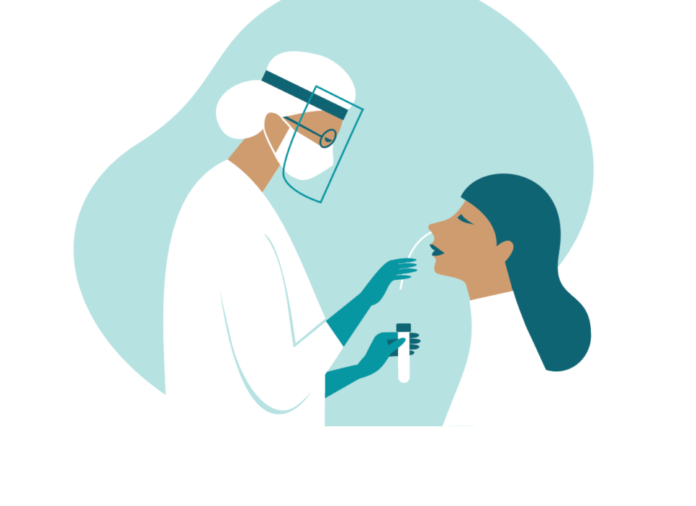People in the U.S. feel the consequences of dwindling federal COVID-19 funds. Sadly, COVID-19 tests and treatments are no longer free for the uninsured in some places. The federal program reimbursed clinics and hospitals for testing and treatment. Many stopped accepting claims last week “due to insufficient funds.” Some clinics started to turn people without insurance away who could not afford the test.
Unfortunately, free vaccines for the uninsured run out next week. Although the government covers vaccines, the cost of administering them will no longer be billed to the federal program. The COVID-19 response felt another blow when the federal shipment of monoclonal antibody treatments was cut by 35%. Some Biden administration officials warn that this is just the beginning. They’re pleading with lawmakers to allocate $22.5 billion for pandemic relief. However, the funding request is stalled in Congress. Due to this, hospitals and public health experts are extremely worried that the U.S. will be poorly equipped to manage whatever happens next in the pandemic.
What Does The Loss of Free COVID-19 Tests and Treatment Mean?
As federal funds begin to dwindle, the reduced access to COVID-19 prevention and care for uninsured patients could have ripple effects. Once the COVID-19 funding runs out, hospitals lose their safety net. Hospitals felt the most significant blow during the pandemic. The Provider Relief Fund has been essential over the past two years. In addition, the reduced monoclonal antibody shipments to states this week may also affect health systems and patients.
Another concern is people not getting tested out of fear of the cost. There are 28 million uninsured people in the United States. If someone uninsured is afraid to get tested because of the risk of getting billed for it, they might just not get tested when sick. Furthermore, that individual may still go to work or other public places, which will drive more cases. Nearly 700 people are still dying from COVID-19 every day on average in the U.S. With the lack of funding; we risk not knowing if there’s a surge.






